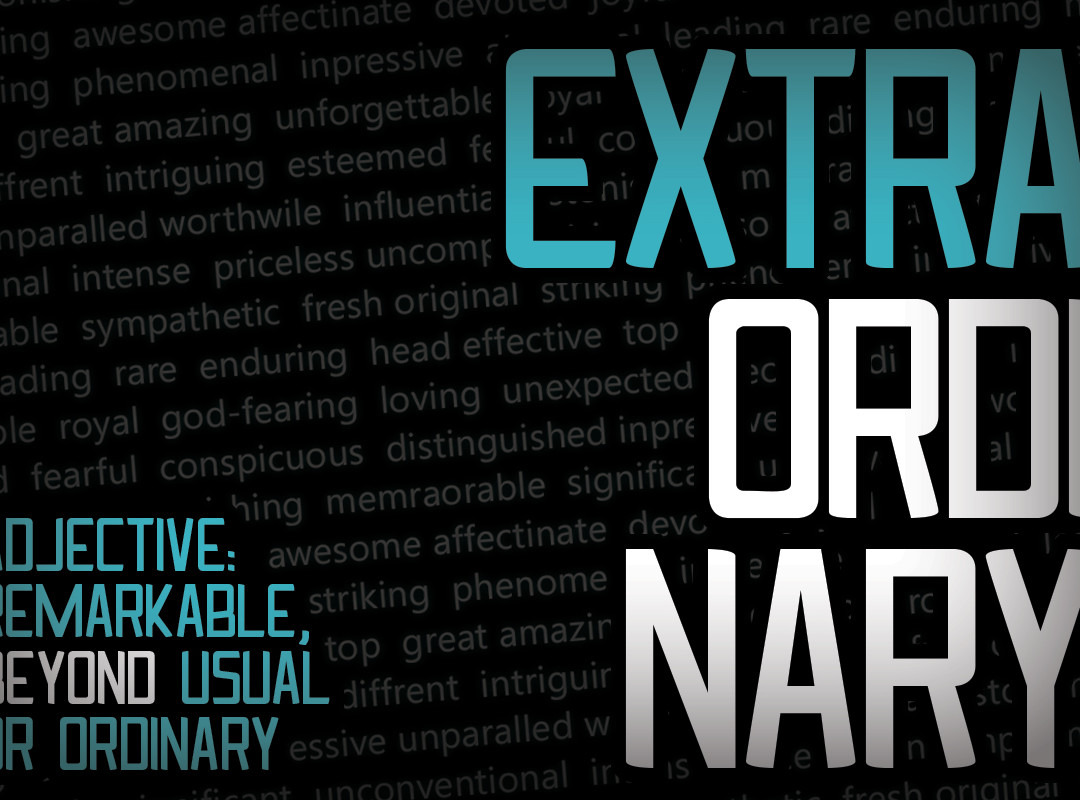
by Admin | Feb 12, 2013 | Prospecting, Selling
Up and down and up and down goes the pipeline. You call like mad and network like crazy and guess what? You get business! Yeah! But be careful what you ask for because then you have to serve what you sell. Suddenly you get wrapped up in client work and about the time you can breathe you look up and ‘Oh Crumb!’ my pipeline is empty. Then you start all over again. Lather, rinse, repeat. Let’s talk about some simple (not easy) concepts to execute to stabilize your cash flow and client service (oh and your paycheck too). I’m going to keep it pretty simple to give you something to begin performing consistent activity leading to consistent results. You will have to refine this as you begin your own prospecting effort, but let’s get going… First, you need to recognize that your prospecting activity consists of face to face or scheduled meetings with prospects, clients or someone who can lead you to a prospect or client. That means: Bumping into someone does not constitute a meeting. Networking and catching someone for a 2 minute conversation does not count as a scheduled meeting. Cold calling and never talking to anyone does not result in paytime activity. Hanging out on Facebook with 335 of your college buds is not considered pay time activity. Drinking coffee with co-workers who will not buy anything from you is not considered prospecting activity. With that clear, let’s talk about what a scheduled contact collaboration meeting needs to sound like… What does their typical prospect look like – industry, revenue, #of employees, decision maker, problem experiencing,...

by Admin | Jun 29, 2012 | Goal Setting and Achievement, Prospecting, Selling
There has got to be a pony… The Supreme Court decision in late June 2012 has been a source of speculation for many sales professionals I have encountered over the past few weeks as well as a major contributor to uncertain market direction and the focus of many business owners. I work with professionals from many industries who are impacted by this decision at one level or another, either as a small employer, insurance agent who just had his market focus decimated, or legal professional who will be hired to make sense of it all. The common theme from each one of these is…Now what do we do? This brings to mind a story that my grandmother shared with me – and now I would like to share it with you. Twin baby girls were born to a very poor family. The parents recognized they couldn’t have any hopes of raising both babies and chose to give one away to a wealthy family in a nearby town who had desperately wanted children for many years. Both girls were raised in loving homes. We dropped in for a visit when both girls were 8 years old. The little girl raised by wealthy parents was led into a room full of toys, books and games. She dove into the pile and began digging frantically. She began sobbing and crying because she couldn’t find the ball to play with in pink only blue. The second little girl was taken to a filthy stable and left alone. We come back a couple of hours later and find her digging into a huge pile of...

by Admin | May 15, 2012 | Networking, Prospecting, Referrals, Selling
Are there days you ask yourself why you do what you do? I know many of the professionals I coach will stop and ask themselves this question. Especially if they are experiencing not so great results from a lot of hard work. We spend 1/3rd of our days at work, sometimes more. And that’s ½ of our waking hours. We enter the workforce when we are 20 (sometimes sooner), and we exit at 70+ (remember the ‘new normal’ with retirement planning and social security?). That’s 50+ years you devote to a professional career. God promises us 3 score and 10 (translates to 70 years in non-Bible math) in our life. If we are promised a lifespan of 70 years and more than 2/3rds of that is devoted to our profession, shouldn’t it be something worthwhile? I ask you these questions to get you thinking about what you do in sales. I was visiting with a group of sales professionals who thought by expanding their relationship with their clients it would appear as if they were ‘just selling more stuff’. Is that really what you consider a career of sales? People buy solutions from people they know, like and trust. I don’t know about you, but if someone is ‘just selling something’ they don’t fit into the ‘know, like and trust’ category. There are a few really smart people I know that are always seeking innovation. They adopt new habits, buy new technology and hire the best service providers. I call them when I am looking for a solution. I do this because I – like most business owners –...

by Admin | Jan 25, 2012 | Goal Setting and Achievement, Prospecting, Selling
Nike may have made a billion dollars on that phrase, but in sales you can make a jillion (as my 9 year old would say) by, yes, just doing it! So many times, though, we don”t just do it. How often do you find yourself overthinking an issue rather than just pushing for a next steps? Example: John is on a sales call and his prospect has just greeted him with the news that the account that was potentially a ‘deer’ for him (could feed him for a month) was about to turn into a ‘bear’ (he can eat for the winter). Pretend you’re John, do you… Say ‘That’s fantastic, what has changed internally?’ and proceed on with the initial agenda for the call which was gathering the scope of work? Get flustered and go for the close? Start overthinking and underselling – meaning you are worried about saying or doing the wrong thing so you become hesitant about asking tough questions to flesh out what is truly in this opportunity? Professional athletes train for hours and hours each week so that when they are in the moment and the pressure is on their body and brain know what to do. These are like autopilot settings for them. They have conditioned the response to happen to the point that the actual situation is almost irrelevant. How is this any less critical than your success in sales? Sales is about process, not online casino personality. Malcolm Gladwell talks about what defines an ‘expert’ in Outliers (awesome book by the way, highly recommended). In his definition, it’s not someone who is...

by Admin | Jan 11, 2012 | Goal Setting and Achievement, Networking, Prospecting, Selling
2012 is here whether you like it or not. This time of year brings reflection, celebration and sometimes regret. Many of the folks I talk to each week have had a mixed bag with the economic challenges, changing market conditions, political uncertainly and overall unwillingness to move forward and make something happen. My clients in construction are challenged with the lending environment, clients in insurance are dealing with the uncertainty of health care reform, financial service professionals have a turbulent market, fill in the blank with your challenge from the above or perhaps you are dealing with you own. What’s a sales person to do? Environments such as the one we are in right now leave you in one of two places: the ‘Waiting Place’ referred to in Dr. Seuss’s the Places You Will Go (a must read, my favorite book this year) or the ‘On Purpose’ place. In the Waiting Place you are at the mercy of circumstances out of control of your own life and destiny. You are at the mercy of your clients, prospects, competition – name the reason for lack of results. In the ‘On Purpose’ place you recognize that while many circumstances may be beyond your control – how you react to challenges is completely in your control. Ready to change your address from the Waiting Place to the On Purpose Place? Here are a few thoughts on how to do just that. Recognize the positive that happens each and every day. What you reflect on will reproduce itself. You think about crummy stuff and all it seems you are surrounded by is crummy...






